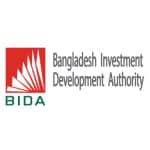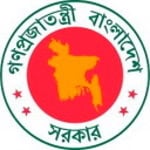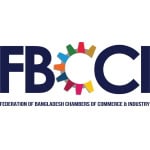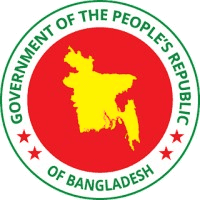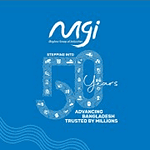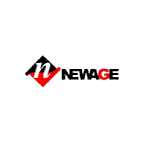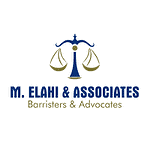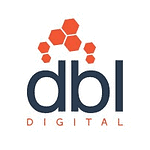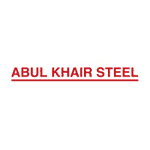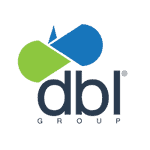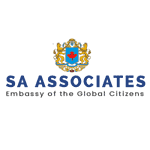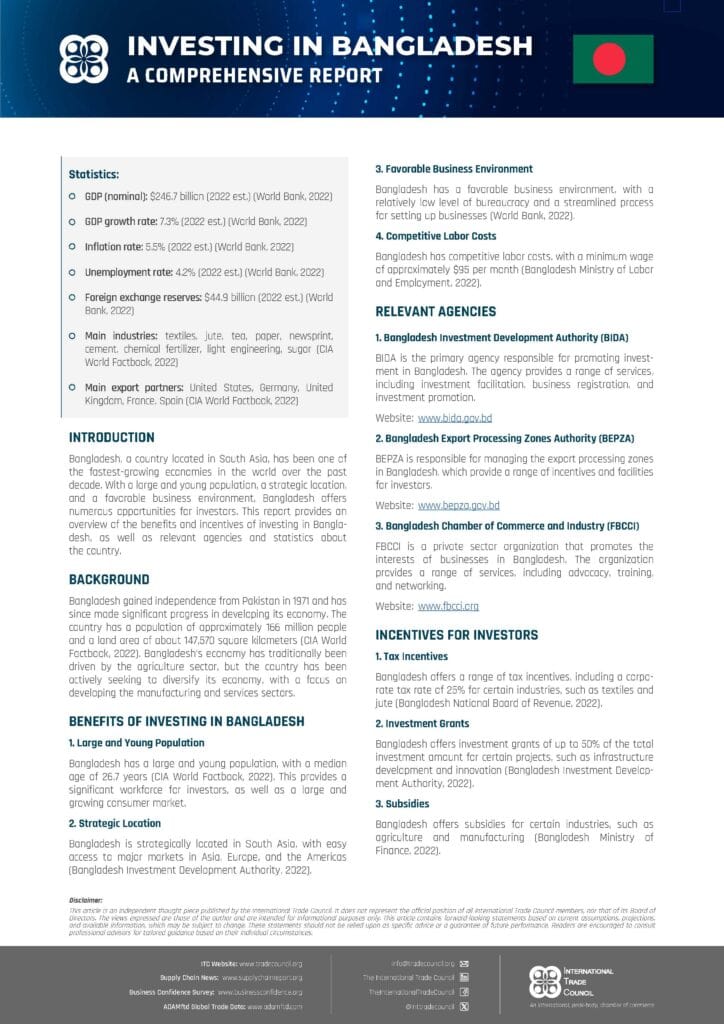- Type of Government: Parliamentary Democracy
- Population: Approximately 166 million
- GDP: Around $416 billion USD
- Corporate Tax Rate: 25% to 45% (depending on the sector)
- Personal Income Tax Rate: 0% to 30%
- Major Exports: Textiles and garments, jute and jute products, leather goods, frozen fish and seafood
- Major Imports: Machinery and equipment, chemicals, iron and steel, foodstuffs
Doing Business with Bangladesh
A comprehensive guide to doing business, exporting, investing, and manufacturing in Bangladesh.
-
Market Research
- Conduct thorough research on the Bangladeshi market to understand demand, competition, and regulations.
-
Compliance with Regulations
- Ensure compliance with Bangladesh’s import regulations, standards, and certification requirements.
-
Product Classification
- Classify your products according to the Harmonized System (HS) codes used by Bangladeshi customs.
-
Documentation Preparation
- Prepare necessary documents such as the commercial invoice, packing list, bill of lading, and certificate of origin.
-
Engage with a Freight Forwarder
- Choose a reliable freight forwarder to handle logistics and shipping.
-
Customs Clearance
- Work with a customs broker to manage the customs clearance process in Bangladesh.
-
Payment Terms and Methods
- Agree on payment terms with your Bangladeshi buyer, often done via Letter of Credit (L/C).
-
Shipping and Logistics
- Arrange for the shipment of goods, considering the best routes and shipping methods.
-
Insurance
- Obtain insurance for your shipment to cover potential risks during transit.
-
Final Delivery
- Ensure successful delivery and receipt of goods by the buyer.
Key Contacts
Bangladesh Export Promotion Bureau
- Website: epb.gov.bd
National Board of Revenue (NBR)
- Website: nbr.gov.bd
Ministry of Commerce
- Website: mincom.gov.bd
-
Research and Planning
- Conduct market research to understand demand and supply chains in Bangladesh.
-
Obtain Import Registration Certificate (IRC)
- Register with the Chief Controller of Imports & Exports to obtain an IRC.
-
Product Classification
- Classify your products using the Harmonized System (HS) codes.
-
Understand Regulatory Requirements
- Ensure compliance with Bangladeshi import regulations, standards, and certifications.
-
Arrange Financing
- Secure financing and establish letters of credit (L/C) with your bank.
-
Find a Supplier
- Identify and negotiate with reliable suppliers.
-
Documentation Preparation
- Prepare necessary documents such as the commercial invoice, packing list, bill of lading, and certificate of origin.
-
Customs Clearance
- Engage a customs broker to handle the customs clearance process.
-
Pay Duties and Taxes
- Calculate and pay any applicable import duties and taxes.
-
Logistics and Delivery
- Arrange for the transportation and delivery of goods to your desired location.
Key Contacts
Bangladesh Import Policy Division
- Website: mincom.gov.bd
National Board of Revenue (NBR)
- Website: nbr.gov.bd
Bangladesh Customs
- Website: customs.gov.bd
-
Choose a Company Name
- Conduct a name availability search to ensure your desired company name is unique.
-
Prepare Required Documents
- Prepare the Memorandum of Association (MoA) and Articles of Association (AoA).
-
Open a Bank Account
- Open a temporary bank account to deposit the initial capital.
-
Register with the Registrar of Joint Stock Companies and Firms (RJSC)
- Submit the necessary documents and application to RJSC.
- Cost: Approximately BDT 1,000 to BDT 70,000 (varies based on company type and share capital).
-
Obtain a Trade License
- Apply for a trade license from the local City Corporation or Municipality.
- Cost: Varies by location and business type.
-
Register for Taxes
- Obtain a Tax Identification Number (TIN) from the National Board of Revenue (NBR).
-
VAT Registration
- Register for VAT if applicable, depending on your business type.
-
Obtain Other Permits and Licenses
- Depending on the industry, additional permits or licenses may be required.
-
Register for Employee Welfare
- Register with the Bangladesh Employees Welfare Board if you plan to hire employees.
Key Contacts
Registrar of Joint Stock Companies and Firms (RJSC)
- Website: rjsc.gov.bd
National Board of Revenue (NBR)
- Website: nbr.gov.bd
Ministry of Commerce
- Website: mincom.gov.bd
-
Conduct Feasibility Study
- Assess market demand, location, and financial viability.
-
Select a Suitable Location
- Choose an appropriate site with access to infrastructure and resources.
-
Incorporate the Company
- Register your company with the Registrar of Joint Stock Companies and Firms (RJSC).
-
Obtain Necessary Permits and Licenses
- Acquire a trade license, environmental clearance, and any industry-specific permits.
-
Secure Financing
- Arrange funding through banks, investors, or financial institutions.
-
Design the Plant Layout
- Plan the layout for efficient production and compliance with regulations.
-
Procure Equipment and Machinery
- Purchase or lease necessary machinery and equipment.
-
Hire Workforce
- Recruit skilled labor and ensure compliance with local labor laws.
-
Install Utilities
- Set up essential utilities like electricity, water, and waste management.
-
Begin Production
- Start manufacturing operations and ensure quality control.
Key Contacts
Bangladesh Investment Development Authority (BIDA)
- Website: bida.gov.bd
Bangladesh Economic Zones Authority (BEZA)
- Website: beza.gov.bd
Ministry of Industries
- Website: moind.gov.bd
-
Conduct a Trademark Search
- Perform a search to ensure your trademark is unique and not already registered.
-
Prepare Application
- Gather necessary documents, including a representation of the trademark and details about the goods/services.
-
File the Application
- Submit the application to the Department of Patents, Designs and Trademarks (DPDT).
- Cost: Approximately BDT 3,500 to BDT 6,500 (varies based on class and type).
-
Examination by DPDT
- The DPDT will examine the application for compliance and potential conflicts.
-
Publication in the Trademark Journal
- If approved, the trademark will be published in the official journal for opposition.
-
Opposition Period
- A 60-day period during which third parties can oppose the registration.
-
Registration Certificate
- If no opposition is filed or resolved in favor of the applicant, receive the registration certificate.
-
Renewal
- Renew the trademark every 7 years to maintain protection.
Key Contacts
Department of Patents, Designs and Trademarks (DPDT)
- Website: dpdt.gov.bd
-
Negotiation
- Attempt to resolve the dispute through direct negotiation between parties.
-
Mediation
- Engage a neutral third party to facilitate a voluntary agreement.
- Cost: Varies based on mediator fees.
-
Arbitration
- Use arbitration as a private dispute resolution method.
- Cost: Depends on the arbitrator and complexity of the case.
-
Litigation
- File a lawsuit in the appropriate court if other methods fail.
- Cost: Legal fees, court fees, and potential damages.
-
Court Proceedings
- Attend hearings and present evidence before a judge.
-
Judgment
- Await the court’s decision, which may include enforcement actions.
-
Appeal
- If necessary, appeal the decision to a higher court.
Key Contacts
Bangladesh International Arbitration Centre (BIAC)
- Website: biac.org.bd
Ministry of Law, Justice and Parliamentary Affairs
- Website: lawjusticediv.gov.bd
Social and Cultural Factors
- Relationships and Networking: Building strong relationships and trust is crucial. Business is often conducted with a focus on long-term partnerships.
- Communication Style: Bangladeshi business culture tends to be indirect. Respect and politeness are highly valued.
Political Environment
- Stability: Bangladesh has a stable political environment, but businesses should stay informed about any changes.
- Regulations: Government policies can impact business operations, so understanding local laws is essential.
Foreign Exchange
- Currency: The Bangladeshi Taka (BDT) is the local currency. Exchange rates can fluctuate, affecting international transactions.
- Regulations: The Bangladesh Bank regulates foreign exchange. Businesses must comply with currency controls.
Rule of Law
- Legal System: Bangladesh follows a common law system. Understanding legal procedures and obtaining local legal assistance can be beneficial.
- Contract Enforcement: While contracts are legally binding, enforcement can be slow.
Economic Factors
- Growth: Bangladesh has been experiencing steady economic growth, driven by sectors like textiles and manufacturing.
- Opportunities: There are opportunities in sectors such as technology, renewable energy, and infrastructure.
Useful Resources
Ask our Experts on Doing Business in/with Bangladesh
If you’re looking to do business or invest in Bangladesh, we can provide expert guidance, market insights, and valuable connections to help you navigate the local landscape. Contact us today to discover how we can assist in making your venture a success.

